Yom Kippur means “Day of Atonement” and refers to the annual Jewish observance of fasting, prayer and repentance. Part of the High Holidays, which also includes Rosh HaShanah, Yom Kippur is considered the holiest day on the Jewish calendar. In three separate passages in the Torah, the Jewish people are told, “the tenth day of the seventh month is the Day of Atonement. It shall be a sacred occasion for you: You shall practice self-denial.”(Leviticus 23:27). Fasting is seen as fulfilling this biblical commandment. The Yom Kippur fast also enables us to put aside our physical desires to concentrate on our spiritual needs through prayer, repentance and self-improvement.
Yom Kippur is the moment in Jewish time when we dedicate our mind, body, and soul to reconciliation with God, our fellow human beings, and ourselves. We are commanded to turn to those whom we have wronged first, acknowledging our sins and the pain we might have caused. At the same time, we must be willing to forgive and to let go of certain offenses and the feelings of resentment they provoked in us. On this journey we are both seekers and givers of pardon. Only then can we turn to God and ask for forgiveness: “And for all these, God of forgiveness, forgive us, pardon us, and grant us atonement.”
